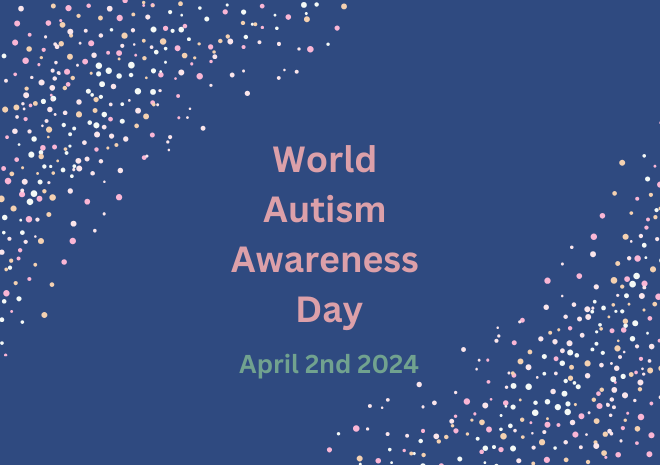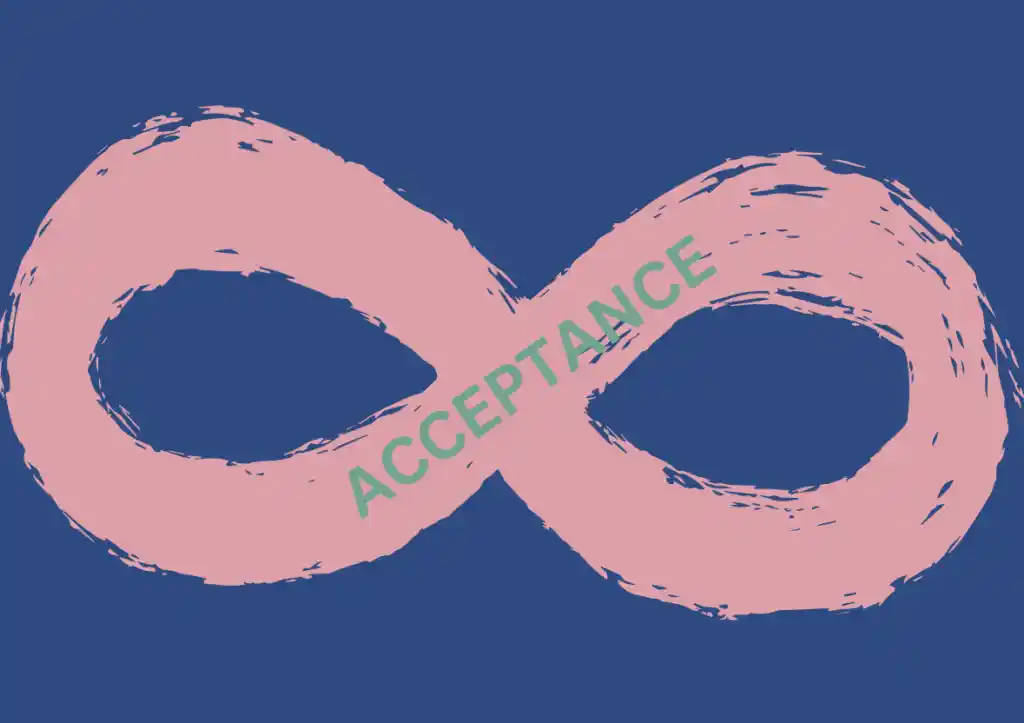World Autism Awareness Day

World Autism Awareness Day, observed on April 2nd, is a time to increase understanding and acceptance of autism spectrum disorder (ASD) and celebrate the unique talents and contributions of individuals with autism. Autism is a complex neurodevelopmental condition characterised by differences in communication, social interaction and behaviour. We will look at the key aspects of autism, dispel common myths and misconceptions and promote a message of inclusivity and acceptance.

Understanding autism spectrum disorder (ASD)
ASD is a spectrum condition, meaning that it affects individuals differently and to varying degrees. While some individuals may require significant support in daily life, others may have exceptional abilities in certain areas. Common characteristics of ASD include:
- Challenges with social communication and interaction, such as difficulty understanding social cues or maintaining eye contact.
- Repetitive behaviours or restricted interests, such as lining up objects, following strict routines or focusing intensely on specific topics.
- Sensory sensitivities, such as hypersensitivity to light, sound, touch or taste.
- Differences in language development and expression, ranging from nonverbal to highly articulate speech.
Dispelling myths and misconceptions
Unfortunately, there are many myths and misconceptions surrounding autism that can perpetuate stigma and misunderstanding. It is essential to challenge these misconceptions and promote accurate information about autism. Some common myths include:
- Myth: All individuals with autism are nonverbal.
- Fact: While some individuals with autism may be nonverbal, many others have strong language skills.
- Myth: Autism is caused by bad parenting or childhood vaccinations.
- Fact: There is no single cause of autism and it is not caused by parenting practices or vaccinations.
- Myth: Individuals with autism lack empathy or emotion.
- Fact: People with autism may experience and express emotions differently, but they are fully capable of empathy and forming deep connections with others.

Promoting awareness and acceptance
World Autism Awareness Day is an opportunity to promote awareness, acceptance and inclusion of individuals with autism in all aspects of society. Here are some ways to get involved and show support:
- Educate yourself and others about autism and its diverse characteristics.
- Foster inclusive environments where individuals with autism feel valued, respected and supported.
- Advocate for policies and practices that promote equal access to education, employment and community resources for individuals with autism.
- Celebrate the unique talents and strengths of individuals with autism and recognise their contributions to society.
Supporting individuals with autism
It is essential to provide support and accommodations to individuals with autism to help them thrive and reach their full potential. This may include:
- Access to appropriate educational resources and services, such as speech therapy, occupational therapy and behavioural interventions.
- Sensory-friendly environments that accommodate the unique sensory needs of individuals with autism.
- Employment opportunities that recognise and utilise the talents and strengths of individuals with autism.

World Autism Awareness Day is a reminder to promote understanding, acceptance and inclusivity for individuals with autism. By dispelling myths and misconceptions, promoting awareness and acceptance and providing support and accommodations, we can create a more inclusive and supportive society where all individuals, regardless of neurodiversity, can thrive. Let’s celebrate the diversity and unique abilities of individuals with autism and work towards a world that embraces and celebrates differences.
